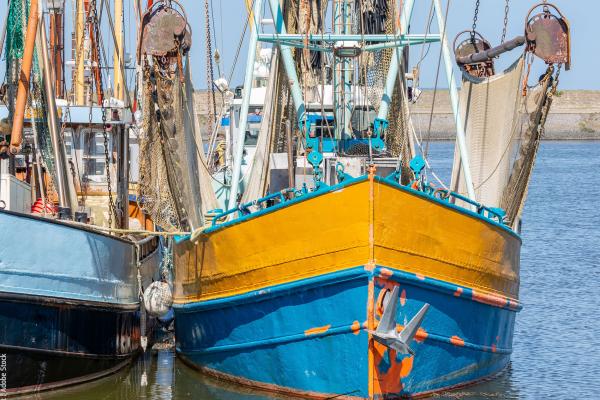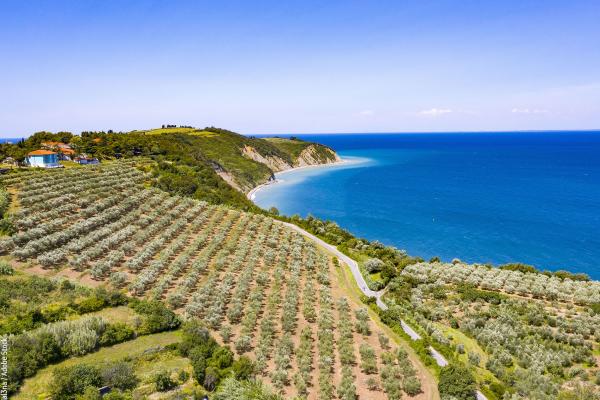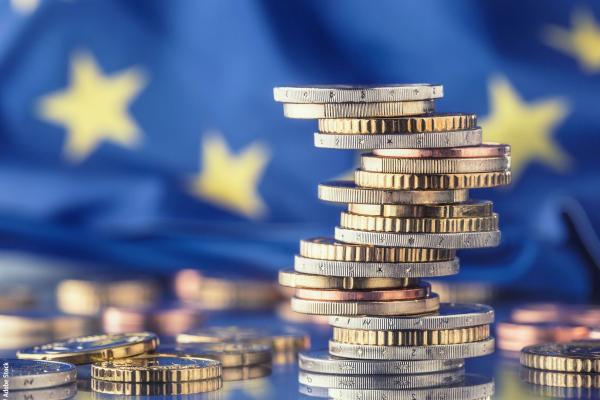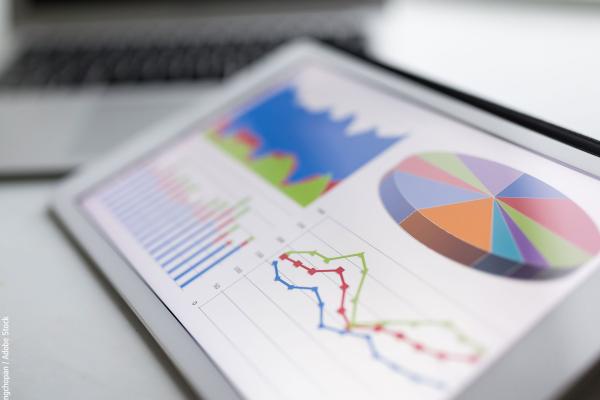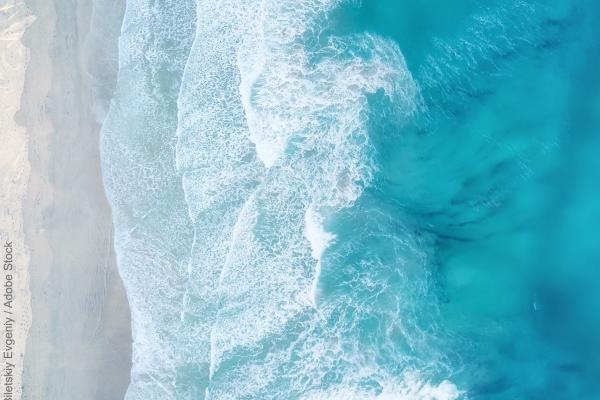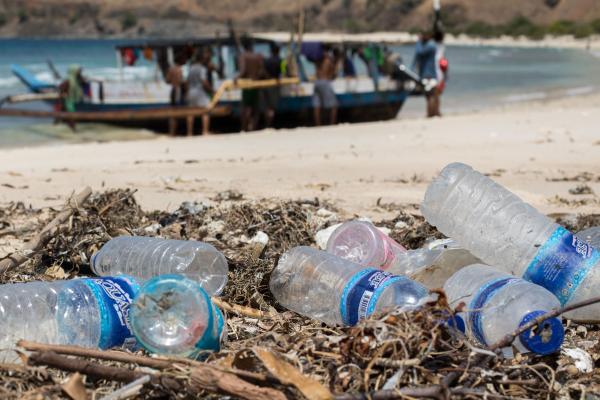Latest news
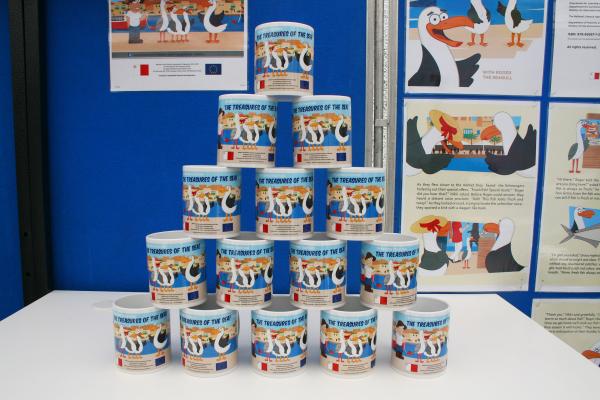
Much attention is given to the negative environmental impacts of fishing, but how much is known about the many benefits of the sector?
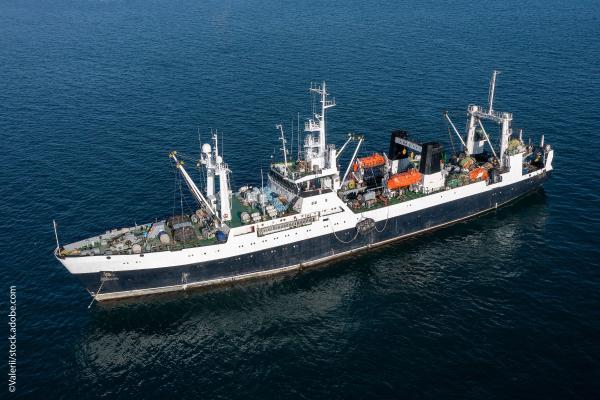
The EU was granted fishing opportunities for chub mackerel at the North Pacific Fisheries Commission (NPFC) annual session, held from 15 to 18 April 2024 in Osaka, Japan. Chub mackerel is an important commercial species and EU fishing fleet will be allowed to participate in this NPFC fishery.
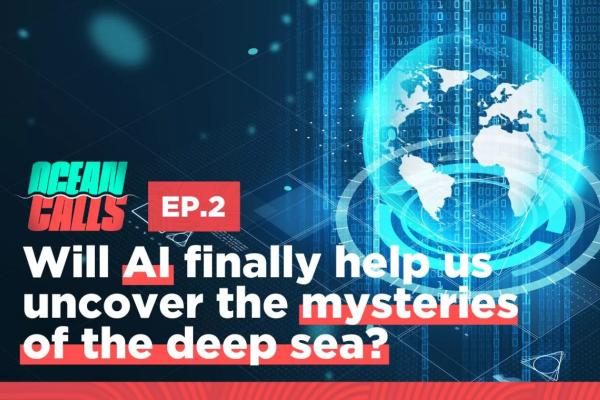
Imagine if policymakers, businesses, and society had access to a virtual twin copy of our oceans to explore? This AI tool could be used to simulate realistic what-if scenarios based on scientific knowledge.
Featured

The EU’s maritime security strategy protects the strategic maritime interests of the European Union worldwide.
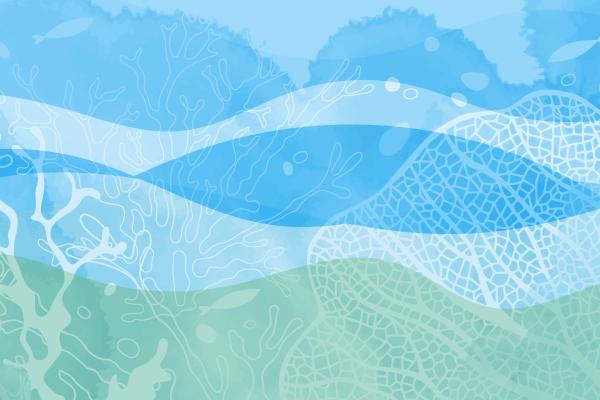

High Ambition Coalition on Biodiversity Beyond National Jurisdiction.

Learn how the blue economy contributes to the European Green Deal and the transformation towards a carbon-neutral, circular and biodiverse EU economy.



